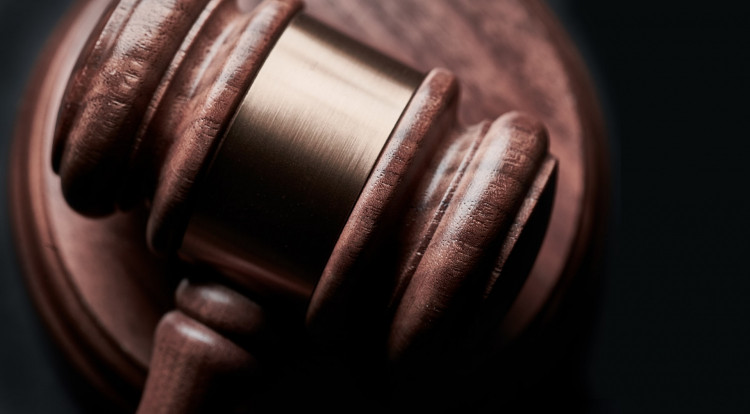China introduced individual bankruptcy protection for the first time Monday as the government tackles residents' financial issues after weathering a year of coronavirus-related economic decline.
The country's first personal bankruptcy laws were drafted in June and came into effect this week in Shenzhen, providing an example for other jurisdictions to follow.
"Honest and unfortunate" debtors will be given economic assistance and support to rebuild their personal finances, a city official said.
Individuals across China have been held personally liable for business debts until now, leaving people in dire economic straits when corporate dealings go sideways.
Indebted Shenzhen residents who have made social insurance payments for at least three years in a row will be able to request personal bankruptcy protection, allowing them to have up to 200,000 yuan ($30,924) in assets exempted during bankruptcy proceedings.
A range of options, including liquidations and resettlements, will be made available to debtors who are unable to pay off their debts, but their financial problems will be recorded in their social credit log.
"Information related to personal bankruptcy will be timely forwarded and included into the public credit information system," law firm Rodl & Partner noted.
On a national level, the government is also tackling the process of registering company names in a bid to lower costs for companies and improve China's business environment.
Deregulation and oversight will also be stepped up, state media group China Daily reported when the revision was first proposed in early 2021.
"Corporate name registration shall facilitate fair competition and independent business operations within the confines of the law," Chinese premier Li Keqiang said in January.
From Monday onwards, Chinese businesses will not be allowed to apply for a new name registration if their previous one was canceled or changed within the last year.
Disputes over naming issues can be settled through lawsuits or mediation, Li said.






